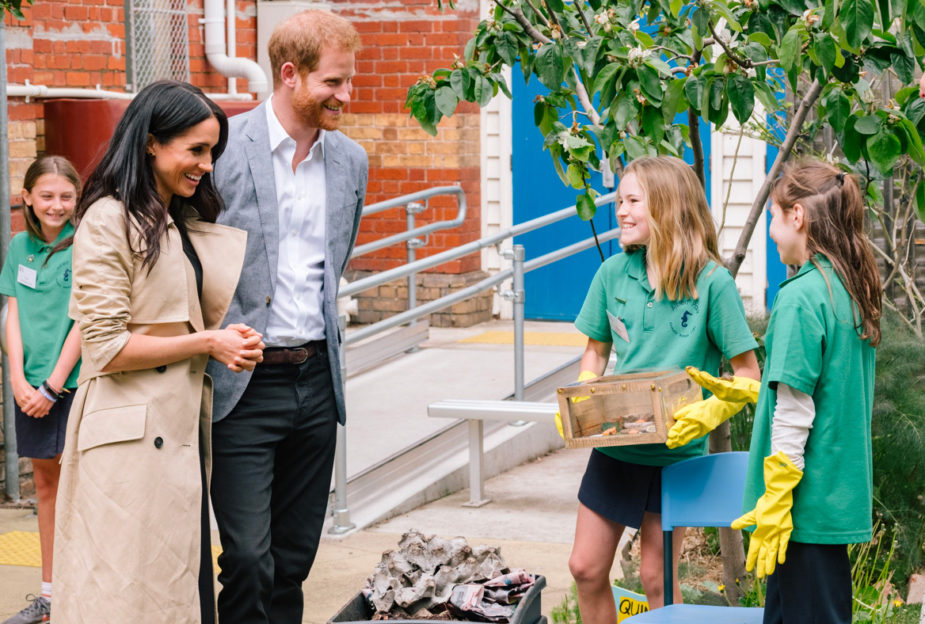
UK-based Population Matters awarded British Prince Harry and his wife, Megan Markle, a $695 prize for announcing they would only have 2 kids for the sake of saving the world. In 2019, the Royal couple told British Vogue that they were making an environmental choice to have only two children in an effort to combat over-population, climate change, and excess waste.
“When probably the most famous couple in the world say they choose to stop at two, they help to popularise and normalise that choice, ” wrote Population Matters, in a statement about their award. “We know in the UK, for instance, that about a quarter of all people want to have more than two children. Everyone is entitled and has a right to the family size they choose, and that should never be limited by anyone else. But that doesn’t mean we shouldn’t recognise that when people in high-consuming countries like the UK have bigger families, that has a hugely disproportionate effect on the planet, because of the amount we consume and the emissions we produce.”
“The richest have the greatest responsibility, both to change and campaign for change. That’s certainly the case with the very wealthy, such as the Sussexes, but applies to all of us who live lives of comfort in high-income countries,” wrote Population Matters.
The award was made public on July 11, known as World Population Day. It took hundreds of thousands of years for the world population to grow to 1 billion – then in just another 200 years or so, it grew sevenfold. In 2011, the global population reached the 7 billion mark, and today, it stands at about 7.7 billion. With the population expected to grow to around 8.5 billion in 2030, 9.7 billion in 2050, and 10.9 billion in 2100, the United Nations launched the holiday to bring awareness to not only the growing global population, but the strains such a population have on the environment.
The United Nations wants leaders around the world to help lead to more “responsible” population growth. “To more sustainably address the needs of individuals, policymakers must understand how many people are living on the planet, where they are, how old they are, and how many people will come after them,” the UN said in a statement describing the holiday.